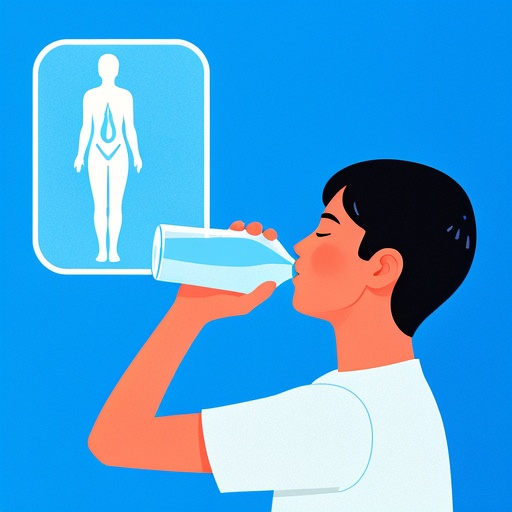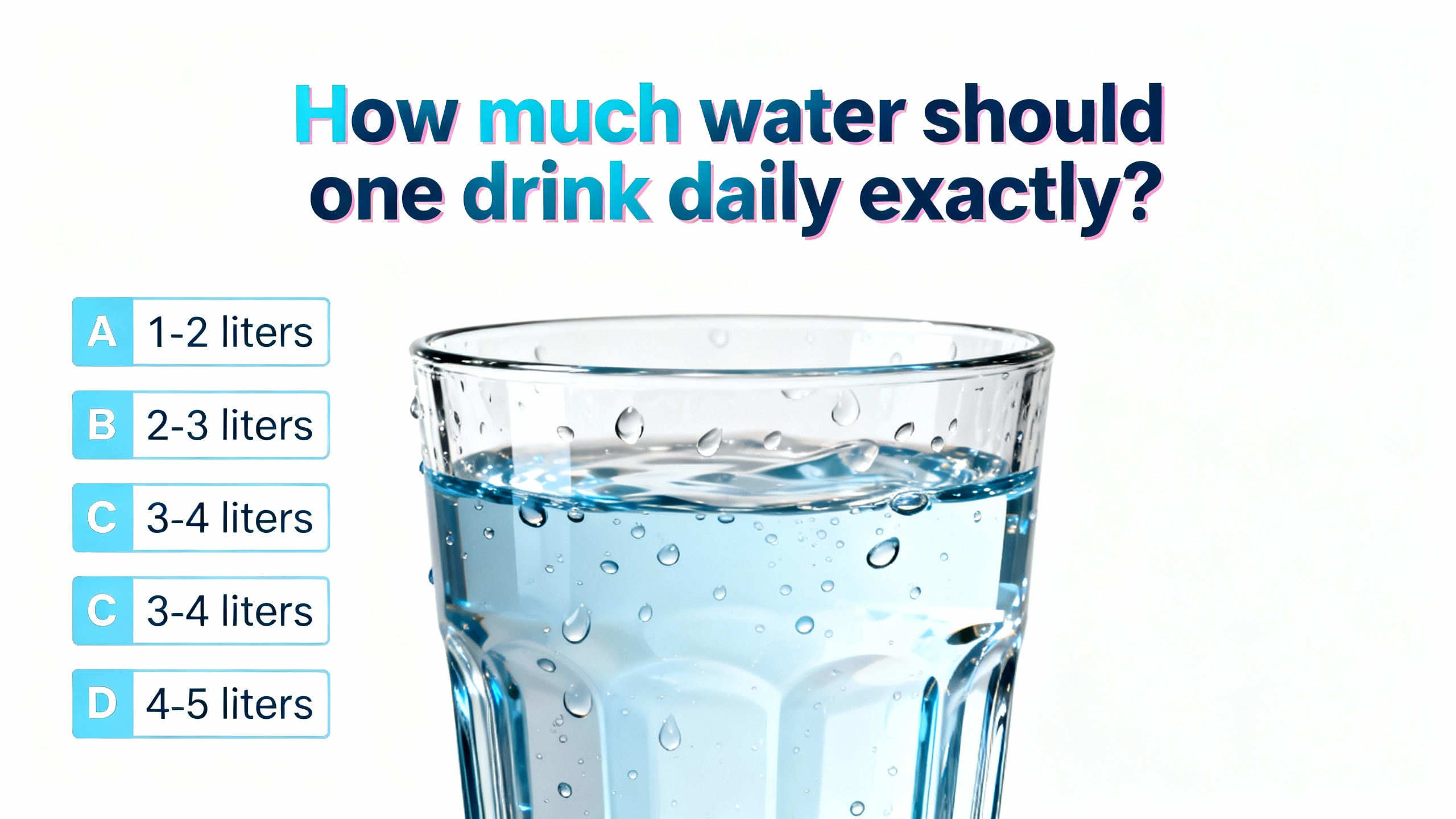The daily water intake is not fixed.
The amount of water a person should drink each day is not a fixed number that applies to everyone; it varies depending on many factors.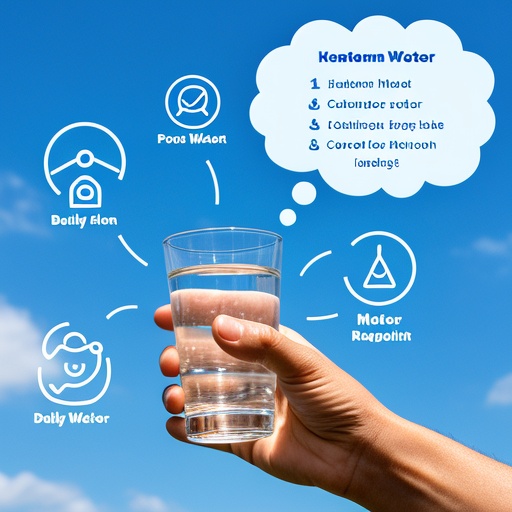
First of all, general guidelines usually suggest that adults should consume an average of about 2-3 liters of water per day. However, this includes water from all sources, not just plain boiled water. Beverages such as tea, coffee, and fruit juice, as well as water-rich fruits and vegetables like watermelons and cucumbers, all contribute to our overall water intake. For example, watermelons are about 92% water, and cucumbers are about 96% water. If your diet is rich in such foods, you may need to drink less plain boiled water.。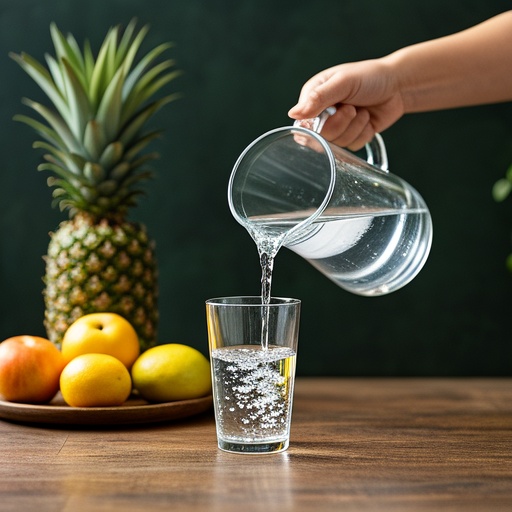
Secondly, the level of physical activity plays an important role. People who engage in intense physical exercise, such as athletes or those with physically demanding jobs, lose a significant amount of water through sweating. They may need to drink 3 - 4 liters or even more water every day to replenish the lost moisture. In addition, environmental conditions are also important. In hot and humid climates, the body cools down through sweating, which increases the need for water intake. On the other hand, in cold and dry environments, the air absorbs moisture from the body, and people still need to maintain adequate water intake.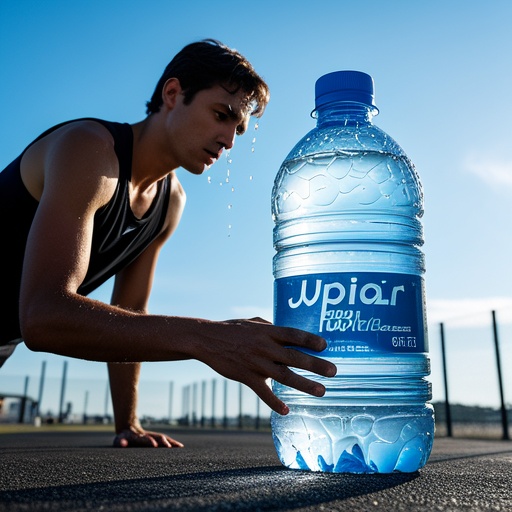
In addition, personal factors such as age, gender, and health status are also important. The sense of thirst in the elderly may be reduced, so they need to pay more attention to their water intake. Pregnant women and lactating women also need more water to support the needs of the fetus or to produce breast milk. For people with certain diseases, such as those with kidney stones or urinary tract infections, doctors may recommend that they drink more water to help flush the body's systems.
In conclusion, although there are general recommendations, the exact amount of water a person should drink each day depends on their diet, physical activity, environment, and individual characteristics. Listening to the body's thirst signals and ensuring adequate water intake are crucial for overall health.